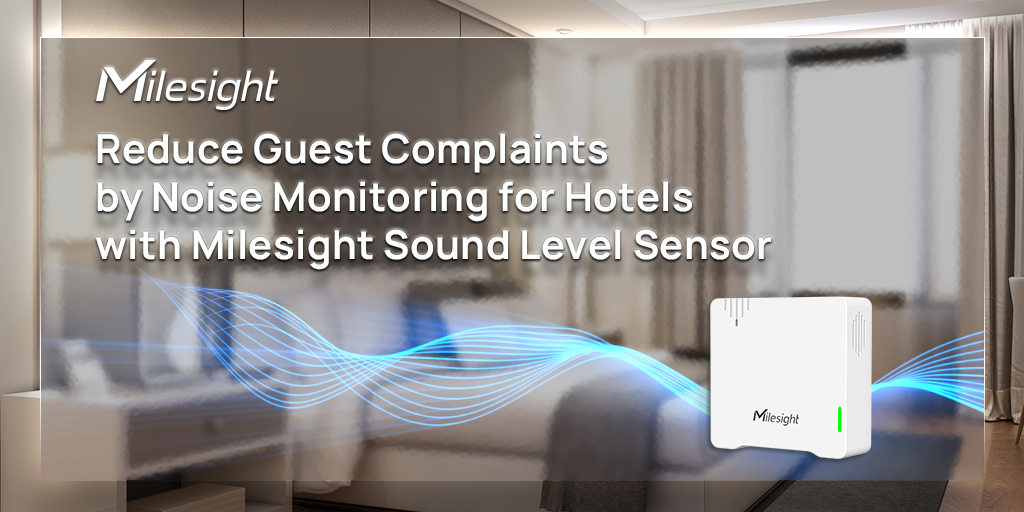Understanding Hotel Noise Levels: How to Ensure a Peaceful Stay
When booking a hotel, one of the most overlooked but crucial aspects is the noise level. Whether you’re traveling for business, a romantic getaway, or a family vacation, your hotel room’s noise environment can significantly impact your experience. A peaceful night’s sleep is essential for feeling refreshed and ready for the day ahead. In this article, we’ll dive deep into the importance of hotel noise levels, how to assess them, and strategies for ensuring a quieter, more comfortable stay.

Why Hotel Noise Levels Matter
Noise is often an invisible issue when booking a hotel. While you may focus on amenities like the pool, location, and dining options, the sound environment can heavily influence your overall satisfaction. High noise levels can lead to disrupted sleep, increased stress, and a less enjoyable stay. Whether the noise is coming from outside, neighboring rooms, or within the hotel itself, it’s vital to consider how this will affect your experience.
-
Disrupted Sleep: Studies show that poor sleep due to noise can affect your health and well-being. It may leave you feeling exhausted during your trip, making it harder to enjoy your destination.
-
Increased Stress: Constant noise can create a stressful environment. This can detract from the relaxation you’re seeking, especially on vacation.
Common Sources of Hotel Noise
1. External Noise:
External noise refers to sounds from outside the hotel, such as traffic, street sounds, or construction noise. Hotels located in busy city centers, near airports, or on major highways tend to have more external noise. These can be incredibly disruptive, especially if you’re staying in a room facing the street.
2. Internal Noise:
Internal noise refers to sounds from within the hotel itself, such as neighboring rooms, hallways, or the lobby area. Noise from other guests, elevators, or housekeeping can cause disturbances throughout the day and night.
3. Mechanical Noise:
This type of noise comes from the hotel’s equipment, such as air conditioning units, heating systems, or elevators. While these sounds are often constant, they can be surprisingly loud if not properly maintained.

Measuring Hotel Noise Levels
To truly understand the noise levels in hotels, it’s important to know how they are measured. Noise is typically quantified in decibels (dB). Here’s a general breakdown of what different dB levels mean in a hotel setting:
-
30-40 dB: This is considered a very quiet environment. A library or a quiet rural area typically falls into this range. You can expect minimal disturbances in this range.
-
40-50 dB: This is still quiet, similar to the sound of a conversation or a quiet office. Most people would find this level of noise comfortable for sleeping.
-
50-60 dB: This noise level is equivalent to moderate traffic or a dishwasher running. It might be noticeable but shouldn’t significantly disrupt sleep.
-
60-70 dB: This is more noticeable, like city traffic or a loud conversation. If your room is subjected to this level, you may find it difficult to sleep.
-
70 dB+: Anything above this level is disruptive, akin to the noise of a busy restaurant or a subway. This could seriously interfere with your rest.

How to Assess Hotel Noise Levels Before Booking
Before booking your hotel, there are several strategies you can use to assess the noise levels:
1. Check Online Reviews
Reading guest reviews on travel websites like TripAdvisor, Google Reviews, or Booking.com can offer insight into the noise levels of the hotel. Guests often mention if the hotel was noisy, and you can look for patterns in reviews, such as mentions of traffic noise, thin walls, or loud air conditioning.
-
Look for keywords like “quiet,” “noisy,” “peaceful,” and “soundproof.”
-
Be cautious of overly positive reviews that might ignore or downplay noise issues.
2. Inquire Directly with the Hotel
If noise is a major concern, don’t hesitate to contact the hotel directly before booking. Ask about the room’s location (e.g., away from elevators, stairwells, or the street) and the noise levels in the area. Some hotels even have quiet rooms that are specifically designed for light sleepers.
3. Check for Soundproofing Features
Hotels with soundproofed rooms are generally quieter. Look for rooms with double-glazed windows and heavy curtains. These features can significantly reduce both external and internal noise. Some hotels also use special materials in their walls and floors to prevent noise transmission between rooms.
4. Look for Noise Monitoring Systems
Modern hotels are increasingly using noise monitoring systems to keep noise levels in check. These systems can detect excess noise and alert hotel staff to take action before it becomes a disturbance. Knowing that a hotel uses such systems can provide peace of mind for light sleepers.
Tips for Ensuring a Quieter Stay
1. Choose Higher Floors
Rooms on higher floors are generally quieter because they are farther away from street-level noise. If possible, request a room on a higher floor to minimize disturbances from traffic, construction, or other external factors.
2. Avoid Rooms Near High-Traffic Areas
Rooms near elevators, stairwells, or hotel amenities like the lobby or dining area tend to have more foot traffic and noise. If possible, ask for a room away from these areas to enjoy a quieter experience.
3. Close Windows and Use Earplugs
If external noise is an issue, close the windows and use earplugs. Many hotels also offer white noise machines to mask disturbances, which can help you sleep better.
4. Use Noise-Canceling Headphones
If you’re sensitive to noise, consider bringing noise-canceling headphones. These can block out unwanted sounds, allowing you to sleep peacefully even in a louder environment.
FAQs About Hotel Noise Levels
1. How can I tell if a hotel is noisy before booking?
Reading guest reviews, checking the hotel’s noise policies, and directly inquiring about room location and soundproofing features can help you assess noise levels before booking.
2. Are there hotels designed specifically for light sleepers?
Yes, many luxury hotels offer rooms with soundproofing and noise-canceling features specifically designed for light sleepers. These rooms are usually located away from high-traffic areas to minimize disturbances.
3. How loud is too loud in a hotel?
Anything above 60 dB is considered disruptive, and noise levels above 70 dB can significantly affect your sleep and comfort.
4. Can I request a quieter room?
Yes, most hotels will accommodate requests for quieter rooms if you ask for one when booking or during check-in. Rooms on higher floors or away from elevators tend to be quieter.
Conclusion
Hotel noise levels can dramatically impact your stay, but with careful planning and attention, you can ensure a peaceful and relaxing experience. Whether it’s through reading reviews, inquiring directly with the hotel, or selecting rooms in quieter locations, there are several ways to minimize disturbances. By being proactive, you can make noise a non-issue and enjoy a restful, rejuvenating stay during your next trip.
For more tips and advice on choosing the right hotel for your needs, visit our website at DUYTHIN.DIGITAL.

